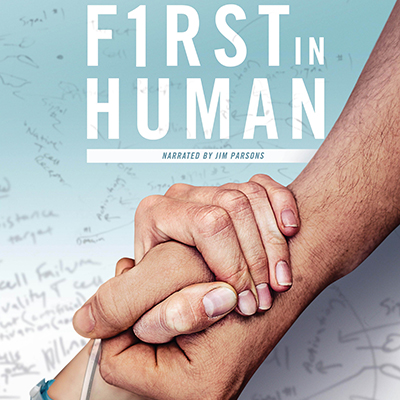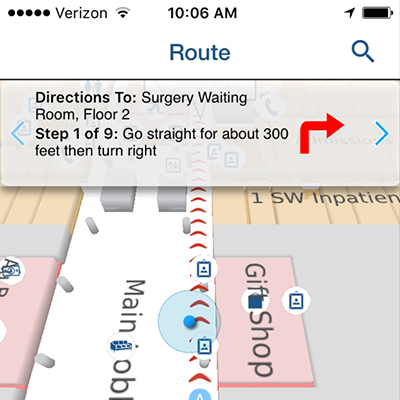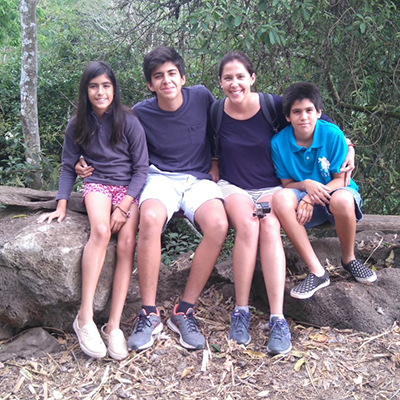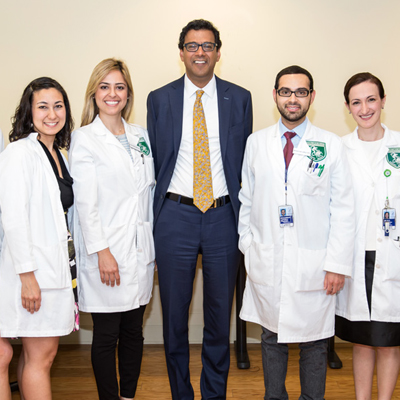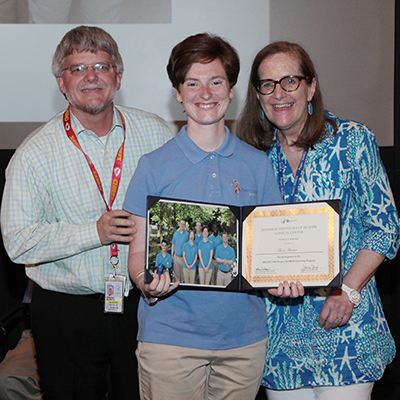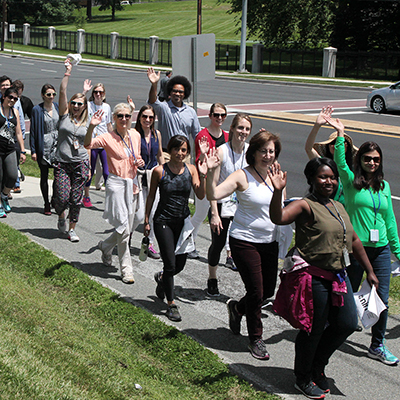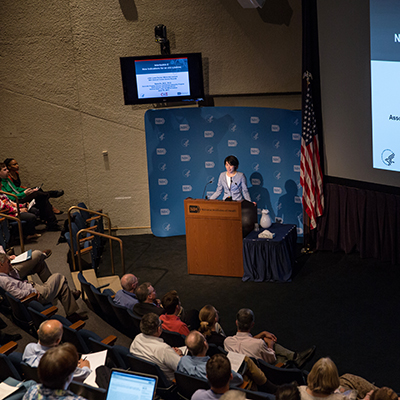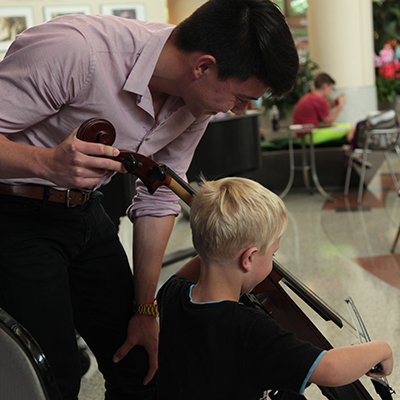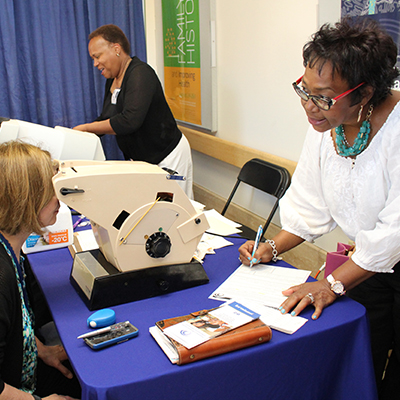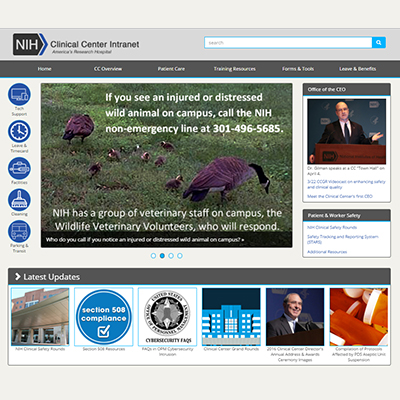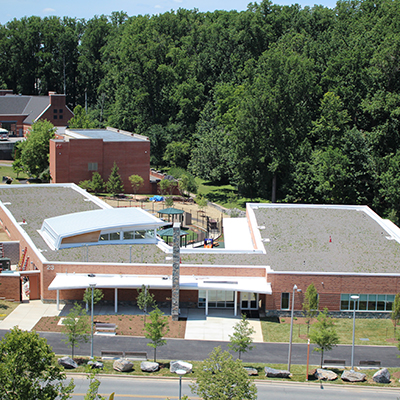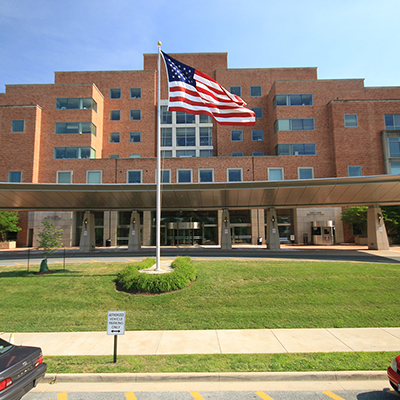"Say Yes to Everything"
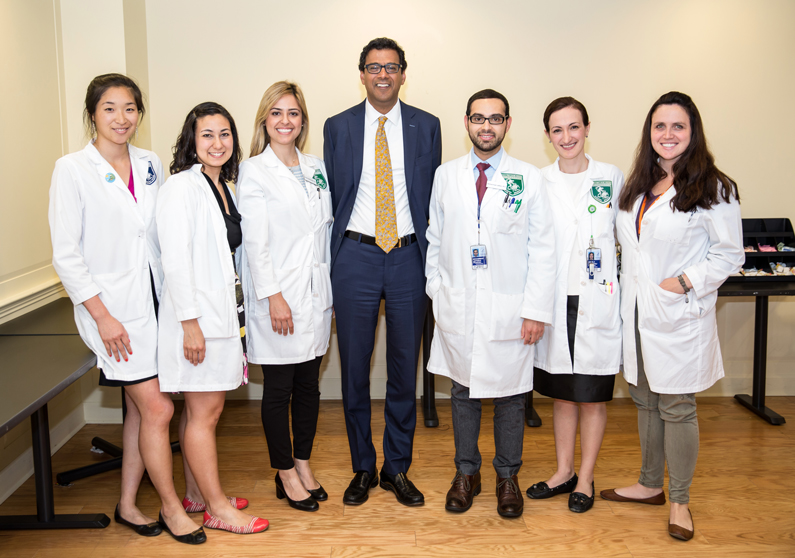
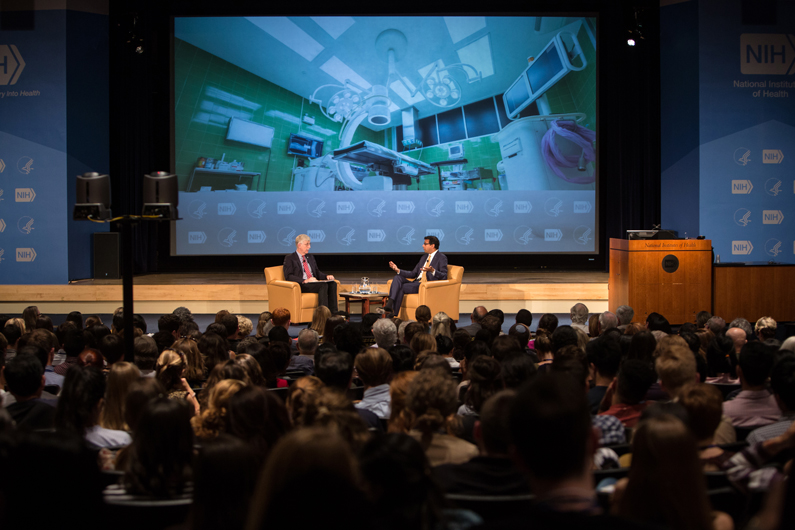
Writer and health leader outlines the future of research
The NIH Clinical Center hosted Dr. Atul Gawande in June at the NIH Director's Wednesday Afternoon Lecture Series. Gawande, a surgeon, writer and public health researcher has written extensively on medicine and public health.
In a conversation with NIH Director Dr. Francis Collins, and answering questions submitted by participants on social media, Gawande embarked in a wide ranging discussion on the importance of research, how incremental scientific advances will save lives in the future and career advice for young scientists.
Gawande has written four New York Times bestsellers: Complications, Better, The Checklist Manifesto and Being Mortal: Medicine and What Matters in the End. He practices general and endocrine surgery at Brigham and Women's Hospital in Boston, is a professor in the Department of Health Policy and Management at the Harvard T.H. Chan School of Public Health and a Samuel O. Thier Professor of Surgery at Harvard Medical School.
Selected excerpts from their discussion are below. Questions have been edited for clarity. View the lecture.
Francis Collins (FC): One of the big questions is the long gap between when research is carried out on the prevention or treatment of disease and then the wait, sometimes for decades, until the research gets implemented. What do you think is the solution to this?
Atul Gawande (AG): One of the approaches that we've taken is to probe not just to describe the pattern, but to zero in on the positive outliers, try to understand what they are doing differently and then turn that into a testable hypothesis, a delivery component.
It's also constantly learning from the testing side...it's putting your discoveries from precision medicine together with precision delivery. And believing we can apply the science just as fruitfully to the way your knowledge moves out in the world as we did to the discovery of that knowledge. In fact, it will save as many lives - and arguably more - as our next discoveries, given how much we've discovered that's not getting to people in the first place.
FC: What role does transparency of outcomes play in research discoveries?
AG: It's absolutely crucial. You cannot do science and learn without the data. And if you cannot see where the outliers are, what they look like and gather that information and then share the knowledge so that people can learn from it, you get these long and incomplete learning loops. One of the striking things is we do have fields that have been transparent for a long time. We have had the public information about infant and maternal mortality rates of American hospitals since a White House report in the 1920s and that has been crucial to the success of our delivery of knowledge into obstetrics.
FC: You wrote a book (Being Mortal: Medicine and What Matters in the End) about being mortal and spoke quite personally about experiences in your own family with individuals who reach the end of their life and were either allowed a dignified exit or not so much. Are we getting over the idea that everything has to be done for everybody no matter how desperate their situation?
AG: Just having these conversations is incredibly powerful. When someone comes to the end of life, talking to family members about experiences they've had with a loved one who died. About a third of the people in the state have someone who died in the last year that they watched go through the process and only 21% rated the care as excellent or very good when their family member had not had a chance to talk to their care team about their wishes for end if life. When they did get a chance to talk about it, 84% had excellent or very good care.
FC: There are a lot of young scientists in the room. Any advice for them?
AG: I think we're switching from what one of my colleagues called the century of the molecule to the century of the system. And it's becoming the scientist of the interconnections, whether it's at the molecular, physiologic or population level, that is going to be where the biggest insights and the biggest gains in health and understanding are going to come from. That's where I would be spending my time.
FC: As a Rhodes Scholar, a surgeon, a powerful writer and a significant commentator on healthcare in the U.S. and the world, how did you get down that road to this path?
AG: One of the best pieces of advice I ever got was that before the age of forty, say yes to everything.
